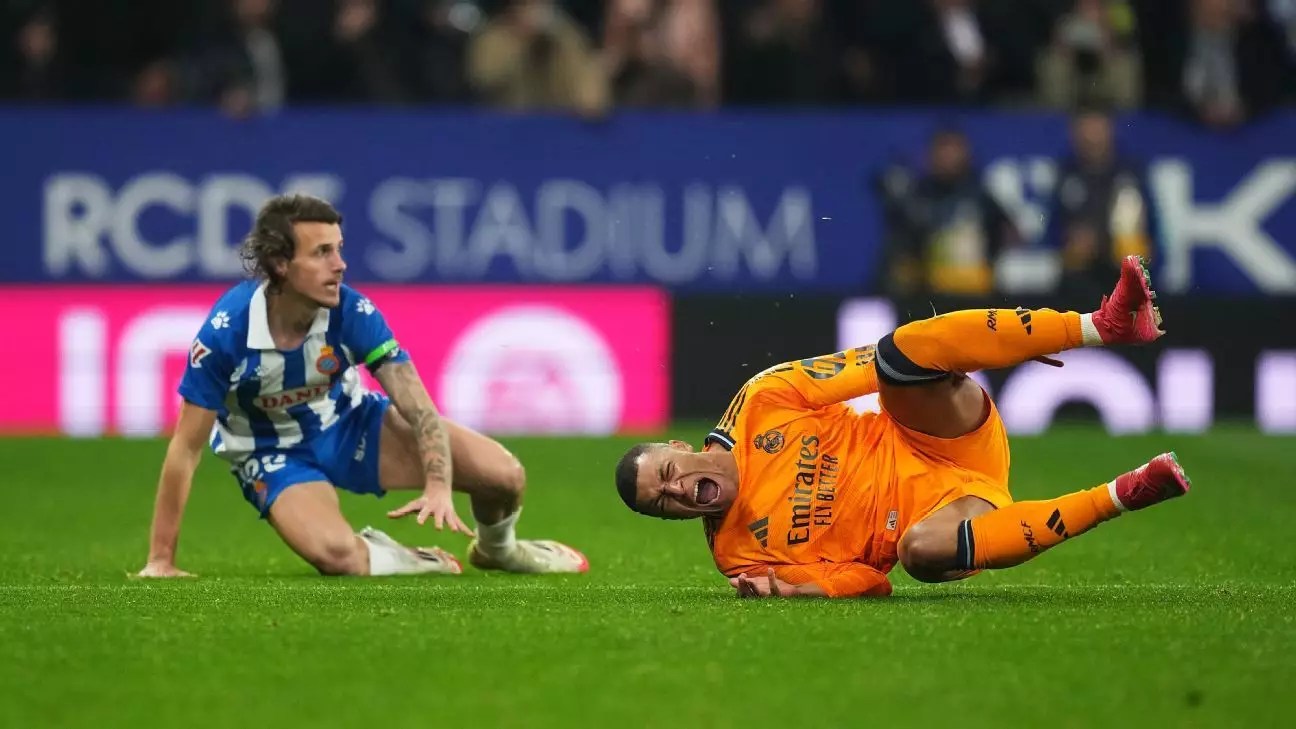In a significant move that signals a dramatic shift in the governance of Spanish football, the Spanish Football Federation (RFEF) has announced the departure of key executives overseeing refereeing protocols. This sweeping change comes as a reaction to escalating tensions within the sport regarding officiating inconsistencies. The dismissal of Luis Medina Cantalejo, who has led the Technical Committee of Referees (CTA) since late 2021, and Carlos Clos Gómez, the former VAR chief, marks a pivotal moment for the RFEF.
The federation’s decision reflects an urgent need for reform, driven by mounting criticism from clubs, particularly high-profile teams like Real Madrid. Their vocal concerns over officiating errors have underscored a broader sentiment within the league: the current refereeing framework is not meeting the demands of the modern game. With this latest decision, the RFEF is not merely addressing complaints but is advocating for a thorough and systemic overhaul designed to enhance integrity and transparency in officiating.
The Need for Change in Refereeing Standards
Football is as much about fair play as it is about passion; yet, frequent officiating blunders can tarnish the credibility of the game. The controversy surrounding the Negreira case, where allegations surfaced about Barcelona making sizeable payments to a referee committee official, further fueled discontent. This scandal has put additional pressure on the RFEF to not only recalibrate its officiating protocols but also to restore public trust in its institutions.
By initiating changes at the top, the RFEF aims to chart a new trajectory that embraces accountability and progressive dialogue among stakeholders. The federation has expressed gratitude toward Medina Cantalejo and Clos Gómez for their previous contributions; however, it is clear that the time has come for fresh ideas and leadership—elements crucial for ushering in the new era.
A Collaborative Approach to Refereeing Reform
The RFEF’s public statements reveal a commitment to collaboration, emphasizing dialogue among players, clubs, and referees. This is a fundamental pivot from traditional top-down governance models to a more inclusive approach that seeks input from all relevant parties. Establishing an effective refereeing system is akin to constructing a well-functioning machine; each component must work seamlessly with the others for fair outcomes.
Moreover, adopting a forward-thinking method to officiating, particularly in the deployment of VAR technology, will be paramount. As the RFEF prepares to unveil the new structure of the Technical Committee of Referees, the anticipation around these changes is palpable. Fans, clubs, and officials alike are waiting to see how this new leadership will truly redefine refereeing standards and produce a more equitable competitive landscape.
As Spanish football stands at this crossroads, the importance of transparency, integrity, and efficiency in officiating cannot be overstated. Changes at the RFEF offer hope for a revitalized approach to governance that could potentially set a precedent for football federations around the world. It remains to be seen whether these bold steps will culminate in the inclusive and innovative environment the sport desperately needs.


Leave a Reply